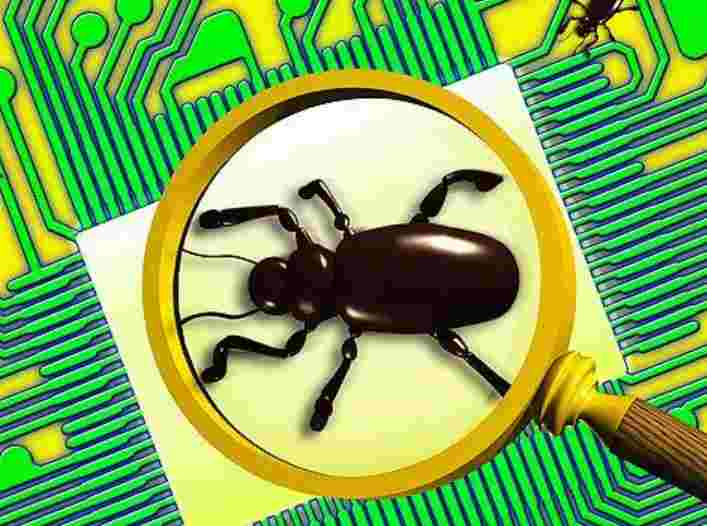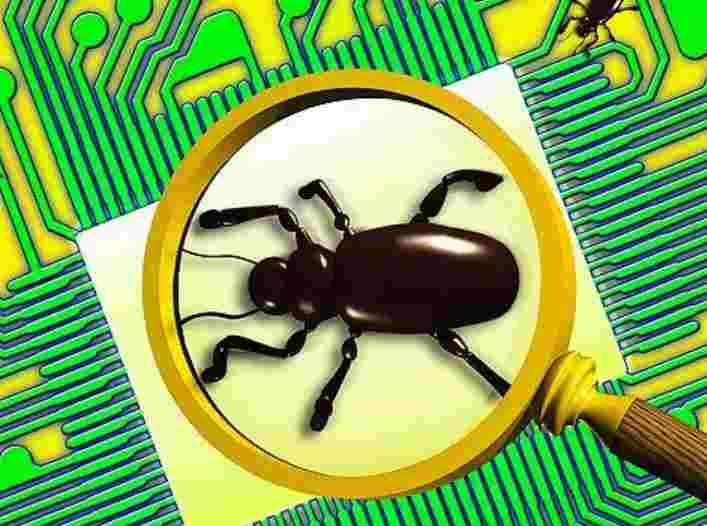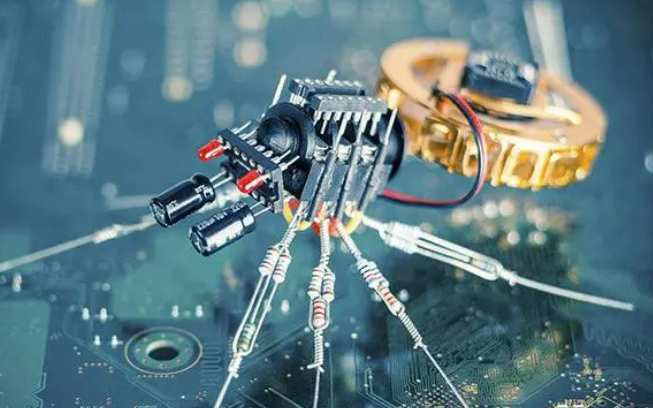
In PCB circuit boarddesign, the anti-ESD design of PCB circuit board can be realized through layering, proper layout and installation. In the design process, most of the design can be modified to add or subtract components through prediction. The PCB layout and wiring can be adjusted to prevent ESD
Static electricity from the human body, the environment and even inside electronic equipment can cause various damage to the precision semiconductor chip, such as penetrating the thin insulation layer inside the component; Damaged grids of MOSFET and CMOS components; Trigger locking in CMOS devices; PN junction with short circuit reverse bias; PN junction with short circuit forward bias; Melt the welded wire or aluminum wire inside the active device. In order to eliminate electrostatic discharge (ESD) interference and damage to electronic equipment, it is necessary to take a variety of technical measures to prevent.
In the design of PCB circuit board, the anti-ESD design of PCB circuit board can be realized through layering, proper layout and installation. In the design process, most of the design can be modified to add or subtract components through prediction. The PCB layout and wiring can be adjusted to prevent ESD. Here are some common precautions.
Multilayer PCBS are used whenever possible. The ground plane and power plane, as well as the closely spaced signal wire-ground spacing, reduce common-mode impedance and inductive coupling to 1/10 to 1/100 of that of a double-sided PCB compared to a double-sided PCB. Try to place each signal layer next to a power layer or ground layer. For high density PCB boards with components on both the layer and the bottom surface, with very short wiring and many padding places, consider using inner wiring.

For double-sided PCBS, a tightly interwoven power supply and grid are used. The power cord is next to the ground wire, between the vertical and horizontal lines or filling areas, and should be connected as much as possible. One side of the grid should be less than or equal to 60mm and, if possible, less than 13mm.
Make sure each circuit is as compact as possible.
Put all connectors aside if possible.
If possible, steer the power cord away from the lead-in of the card and away from areas prone to direct ESD impact.
On all PCB layers below the connectors leading out of the case (which are susceptible to direct ESD damage), place wide case floors or polygonal filler floors and connect them together with holes at approximately 13mm intervals.
A mounting hole is placed on the edge of the card, around which the first layer of open flux and the bottom pad are connected to the ground of the case.
When assembling the PCB circuit board, do not apply any solder to the first layer or bottom pad. Use screws with built-in washers to achieve tight contact between the PCB and the metal case/shield or ground surface bracket.
The same "isolation zone" shall be set up between the chassis floor and the circuit floor of each layer; If possible, keep the spacing at 0.64mm.
At the first and bottom layers of the card near the mounting holes, connect the chassis floor and circuit floor with 1.27mm wide wires along the chassis ground wire every 100mm. Adjacent to these connection points, a pad or mounting hole for mounting is placed between the case ground and the circuit ground. These ground connections can be cut open with a blade to keep the circuit open, or a jump with a magnetic bead/high frequency capacitor.
If the circuit board will not be placed in a metal case or shielding device, do not apply solder resistance on the first layer of the circuit board and the bottom case grounding wire, so that they can be used as ESD arc discharge electrode.
To set up a ring around the circuit in the following manner:
(1) In addition to the edge connector and chassis floor, the entire perimeter is placed on the ring path.
(2) Ensure that the annular ground width of all layers is greater than 2.5mm.
(3) Connect the rings with holes every 13mm.
(4) Connect the ring ground to the common ground of the multilayer circuit.
(5) For the double panel installed in the metal case or shielding device, the ring should be connected with the circuit common ground. An unshielded double-sided circuit should be connected to the ring floor. The ring floor should not be coated with solder resistance so that the ring can act as an ESD discharge. A gap of at least 0.5mm wide should be placed somewhere on the ring floor (all layers) to avoid forming a large loop. The distance between signal wiring and ring ground should not be less than 0.5mm.







